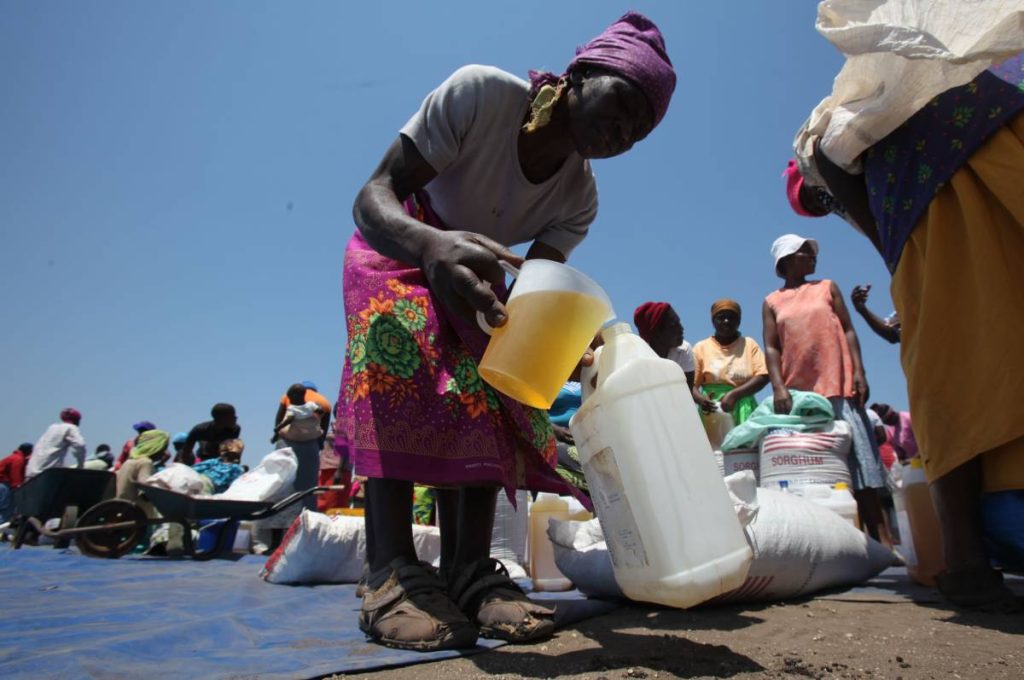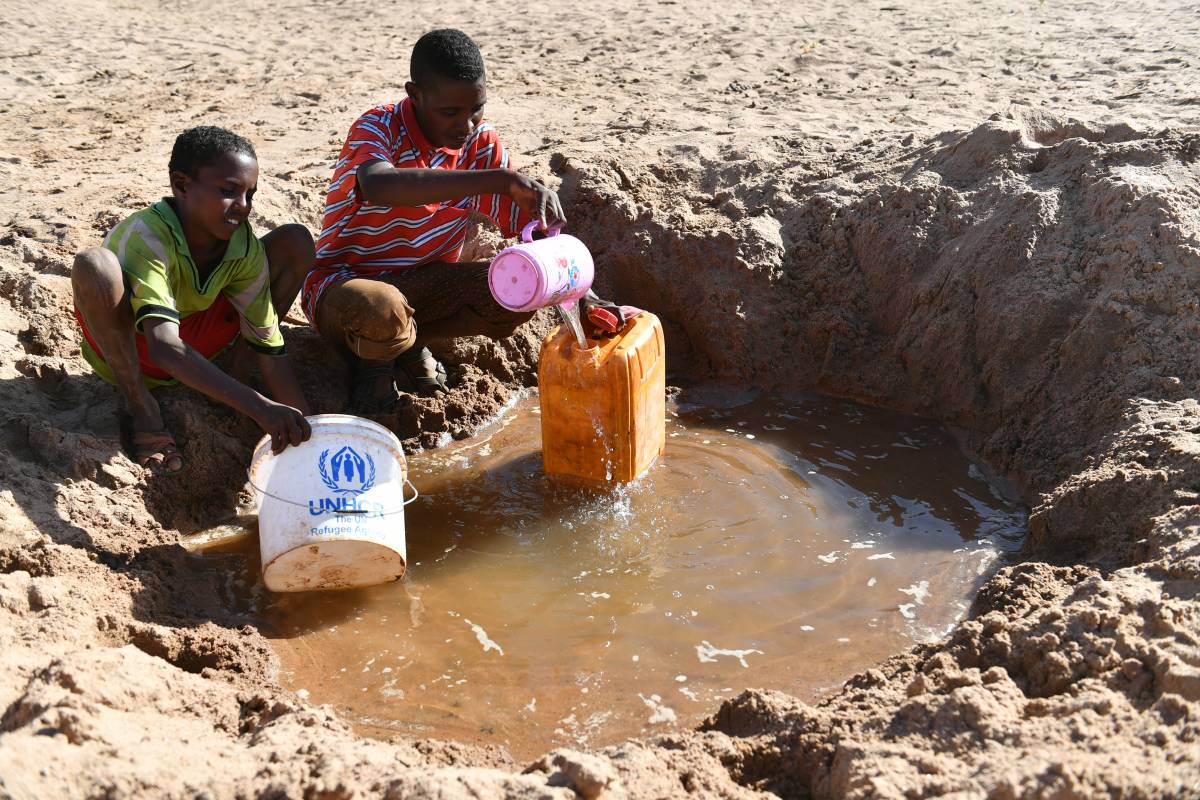Despite global Sustainable Development Goals and commitments made in 2015, just 29 African nations have made some progress over the past three to five years, 25 have made none, according to the UN’s first-ever assessment of water security in Africa…reports Asian Lite News
Published to mark World Water Day marked on March 22 annually by UN University’s Canadian-based Institute for Water Environment and Health (INWEH), the assessment employed 10 indicators to quantify water security in Africa’s 54 countries.
UNU-INWEH authors Grace Oluwasanya, Duminda Perera, Manzoor Qadir and Vladimir Smakhtin, the Institute’s Director, say the assessment is limited by “very poor” data on water security-related issues such as access to drinking water or sanitation, but it nevertheless offers some “preliminary but obvious conclusions”.

“Data limitations do not change the main outcome of this assessment, which is strong and clear,” says lead author Oluwasanya.
“Overall levels of water security in Africa are low. Not a single country let alone a subregion have at present achieved a state that can be seen as amodel’ or even aeffective’ stage of water security.”
Says co-author Perera: “This assessment for African countries aimed to create a quantitative starting point and a platform for subsequent discussions with national, regional and international agents; it is neither a prescription nor a guide.”
“As this quantitative tool develops, it will help generate targeted policy recommendations and inform decision-making and public-private investments toward achieving water security in Africa.”
Except for Egypt, all country scores are below 70 (on a scale of 100). Only 13 of 54 countries reached a modest level of water security in recent years, and over a third are deemed to have levels of water security below the threshold of 45.
Together, the 19 countries below the threshold are home to half a billion people.
Egypt, Botswana, Gabon, Mauritius and Tunisia are Africa’s top five most water-secure countries in Africa, yet with only modest absolute levels of water security achieved.
Somalia, Chad and Niger appear to be the least water-secure countries.
There has been little progress in national water security of most African states over the past three to five years, the report finds.
The number of countries that made some progress (29) is close to the number of those that made none (25).
To compare Africa’s situation globally, the authors call for global standards for water security measurement data and assessment.
“Some critical components of water security simply cannot be assessed without introducing surrogates or proxies,” as used in the report in the case of drinking water and sanitation, for example.
“With such poor data availability, progress toward water security is difficult to assess accurately.”
ALSO READ: Africa urged to join digital market place
For example, it is not possible to estimate the percentage of the African population that will have access to safely managed drinking water services or safely managed sanitation by 2030, a key UN Sustainable Development Goal globally agreed in 2015.
“Data availability — or the lack of it — in itself may be an excellent indicator of water security,” says Oluwasanya. “Action needs to be taken immediately by national governments with support from international agents to radically improve data collection efforts for Africa.”
What is water security?
The UN’s concept of water security encompasses various needs and conditions — water for drinking, economic activity, ecosystems, hazard resilience, governance, transboundary cooperation, financing, and political stability.
Hence water security is not just about how much natural water a country has but also how well the resource is managed.
It is defined as “the capacity of a population to safeguard sustainable access to adequate quantities of acceptable quality water for sustaining livelihoods, human well-being, and socio-economic development, for ensuring protection against water-borne pollution and water-related disasters, and for preserving ecosystems in a climate of peace and political stability”.

Leave a Reply